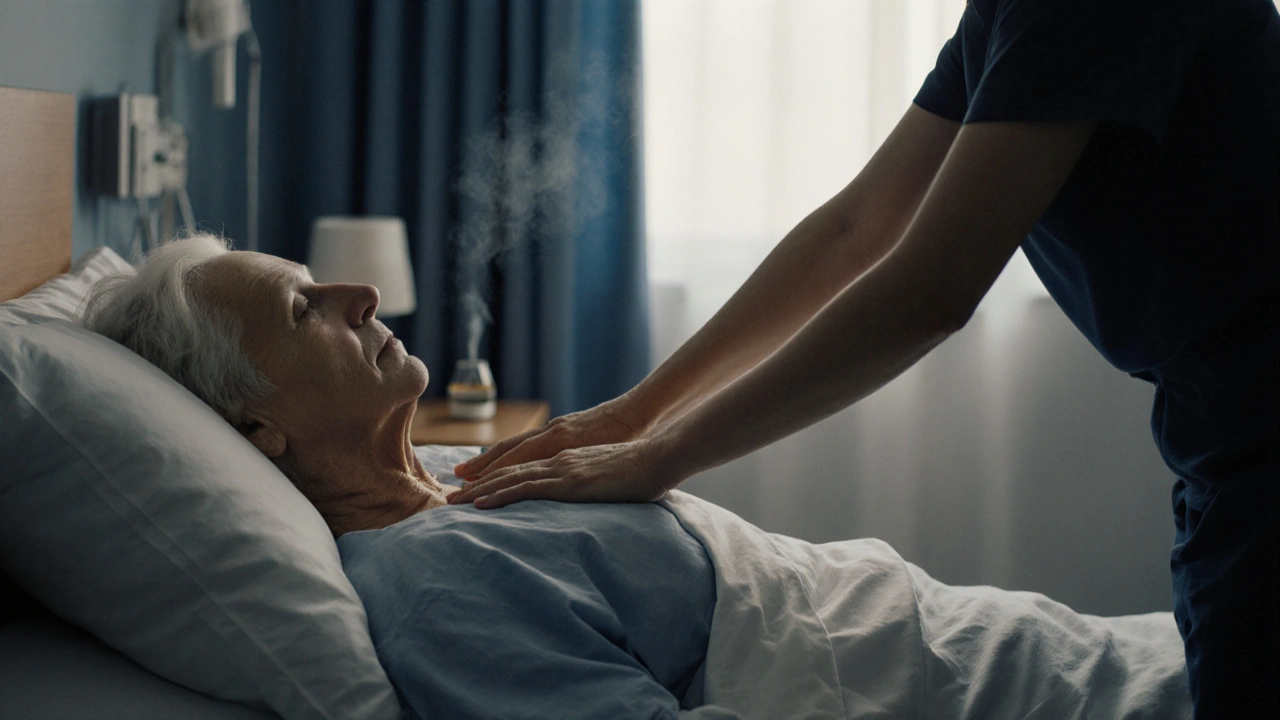End-of-Life Care: What You Need to Know
End-of-life care isn’t just medical treatment—it’s about comfort, dignity, and support when life is nearing its close. Whether it’s for a family member or yourself, knowing what end-of-life care involves can make a tough situation a little easier to handle. The main goal? To improve quality of life, not just extend it pointlessly.
Generally, end-of-life care includes managing pain and symptoms, providing emotional and spiritual support, and helping with decisions about treatment preferences. This care can happen at home, in a hospice, or a hospital, depending on the situation and what feels right for the person involved.
Who Provides End-of-Life Care?
A team approach is common, often including doctors, nurses, social workers, chaplains, and trained volunteers. They work together to plan and deliver care tailored to individual needs. Loved ones usually play a big role too, offering comfort and support day to day.
It’s not just about the physical side; emotional and psychological help matters a lot. Anxiety, depression, and fear are common during this stage. Professional counseling or support groups can provide relief and help people feel less alone.
Making Decisions and Planning Ahead
Talking about wishes early on is key. Advance directives or living wills guide caregivers on what the person wants regarding life-sustaining treatments like resuscitation or feeding tubes. Clear communication with healthcare providers and family helps avoid confusion and stress later.
Facing end-of-life care can be overwhelming, but understanding the basics gives you control and peace of mind. Focus on what comfort means personally—whether it's a quiet place, favorite music, or just being surrounded by family, those details make all the difference.
This kind of care is about respect and kindness when it counts most. It’s tough but knowing you’re not alone changes the journey.
How Palliative Massage Boosts Healing and Comfort
Explore how palliative massage eases pain, lowers anxiety, and improves quality of life for patients in end‑of‑life care, with practical tips for safe practice.
Revolutionizing End-of-Life Care with Palliative Massage
Palliative massage is emerging as an essential component in the care of terminally ill patients. By integrating massage therapy into end-of-life care, patients experience enhanced comfort, reduced pain, and improved quality of life. This approach emphasizes the holistic wellbeing of patients, addressing both physical and emotional needs. Many healthcare providers are increasingly embracing palliative massage as a way to offer compassion and support to those in their final stages of life.







